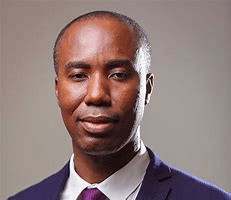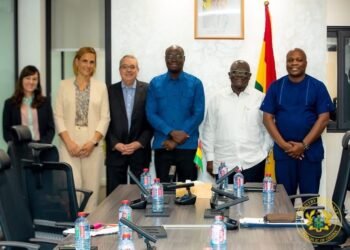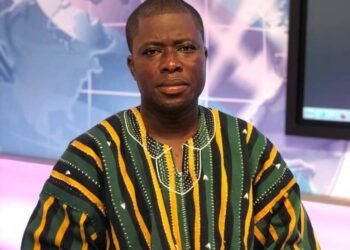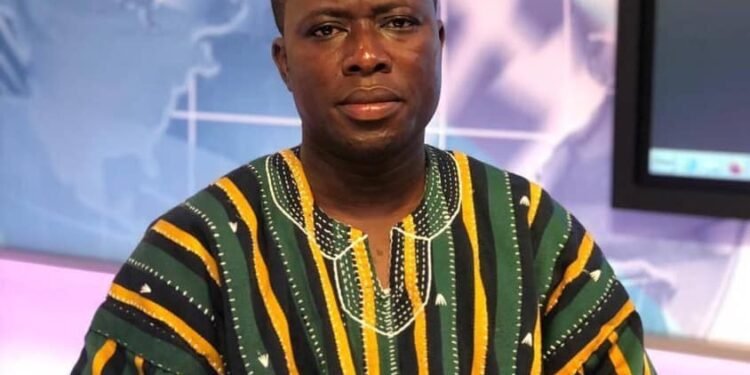The legal drama surrounding former National Signals Bureau Director-General Kwabena Adu Boahene has taken an unexpected twist, with critics questioning the Attorney General’s handling of the case.
What was supposed to be a routine hearing in Human Rights Court 2 turned into a perplexing series of venue changes—raising suspicions about judicial maneuvering.
According to NPP loyalist Patrick Sarpong, the case was initially scheduled for Human Rights Court 2 but was abruptly transferred to Criminal Court 5, then to Financial Division 2, and finally to Criminal Court 1.
This unusual sequence of relocations has fueled speculation about whether the Attorney General’s office was in search of a more favorable judge.
“In Criminal Court 1, the Attorney General, represented by the Deputy Attorney General, requested a one-hour delay to file an affidavit in opposition. It is notable that they had been served with the application on the same day it was filed.”
Patrick Sarpong
Even after the one-hour delay, the Attorney General reportedly asked for an additional 10 minutes, which the court granted.
This series of adjournments has left many wondering whether the prosecution is buying time or struggling to piece together its case.
According to Sarpong, despite being granted bail, Adu Boahene and his wife, Angela Boateng, have found themselves entangled in what he described as draconian bail conditions.
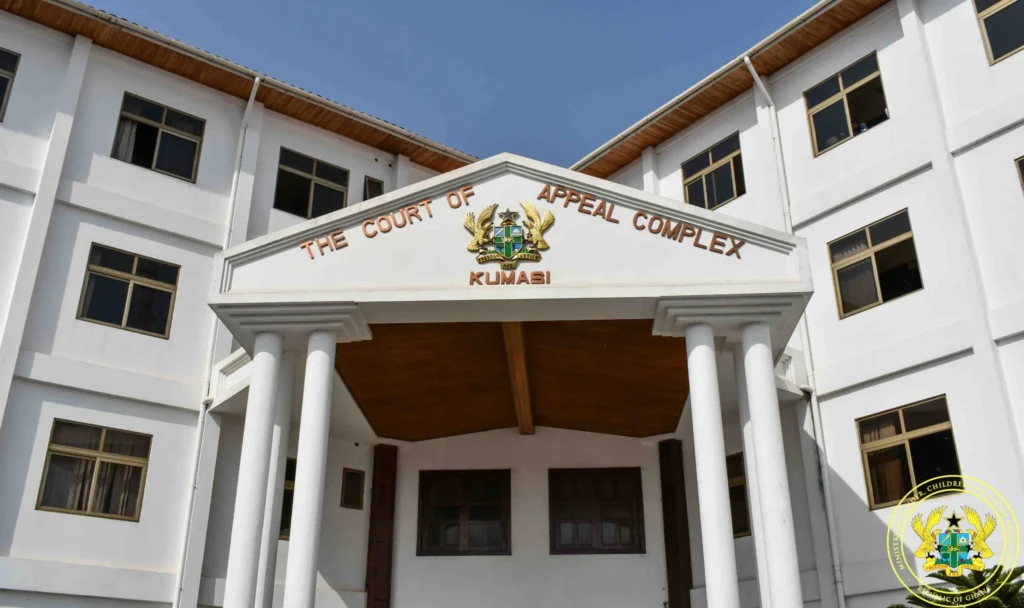
The Economic and Organised Crime Office (EOCO) set their bail at an eye-watering GH¢120 million for Adu Boahene and GH¢80 million for his wife—both of which must be justified.
This development has sparked outrage among supporters and legal analysts, who argue that such steep bail conditions amount to indirect detention. “It is important to note that Mr. Adu Boahene has been granted bail; however, the bail conditions are draconian, excessive, and arbitrary.”
He further raised concerns about the continued detention of both Mr. Adu Boahene and his wife, questioning the rationale behind their prolonged custody when the Attorney General has reportedly completed gathering all necessary evidence against them.
If the prosecution already possesses all relevant materials and has even pronounced Mr. Adu Boahene guilty in its assessment, he argued, then keeping the couple in custody appears unjustified.
He stressed that in a legal system that upholds due process, prolonged detention under such circumstances raises serious questions about fairness and judicial integrity.
Legal Team Fights Back
Challenging what they view as judicial overreach, Kwabena Adu Boahene and his wife have taken legal action against the Attorney General, Minister of Justice Dr. Dominic Ayine, and EOCO over the hefty GH¢200 million bail requirement—GH¢120 million for Adu Boahene and GH¢80 million for his wife.

Their legal team, led by prominent lawyer Samuel Atta Akyea, is arguing that the bail conditions are not only excessive but also strategically designed to circumvent constitutional detention limits.
“The Respondents [Attorney General and EOCO] with a clear motive to incarcerate the Applicants beyond the 48-hour period as spelt out by the Constitution have imposed burdensome and unreasonable conditions on the Applicants as the precondition for their granting them bail.”
Samuel Atta Akyea
Atta Akyea and his team insisted that their clients’ fundamental rights are being trampled upon. They argued that bail should serve as a guarantee of court attendance, not as an indirect punishment.
Consequently, Adu Boahene’s bail sum of GH¢120 million has been reduced by Accra Criminal Court 1 to GH¢80 million with two sureties, one to be justified.
That of his wife, Angela Boateng, remains at GH¢80 million with two sureties to be justified.
Both of them are to report to the Economic and Organised Crime Office (EOCO) three times a week. The two have also been restricted from traveling and can only do so under the express permission of EOCO.
Meanwhile, as debates over the case intensify, one undeniable truth emerges—the need for greater transparency in how the matter is being handled.

Concerns have been raised about the fairness of the legal process, with calls for clarity on the justification for continued detention and the overall approach to prosecution.
In response, both the Attorney General’s Office and the Economic and Organized Crime Office (EOCO) have sought to reassure the public that due process is being followed.
They emphasized that the judicial process must be allowed to unfold without unnecessary interference, urging all parties to refrain from excessive bail demands or legal maneuvering that could undermine the integrity of the case.
As the legal battle unfolds, Ghanaians will be watching closely. The outcome of this case could have far-reaching implications—not just for Adu Boahene and his wife, but for how justice is administered in Ghana’s legal landscape.
READ ALSO: Edem Delivers Powerful Speech on Poverty, Drug Abuse

